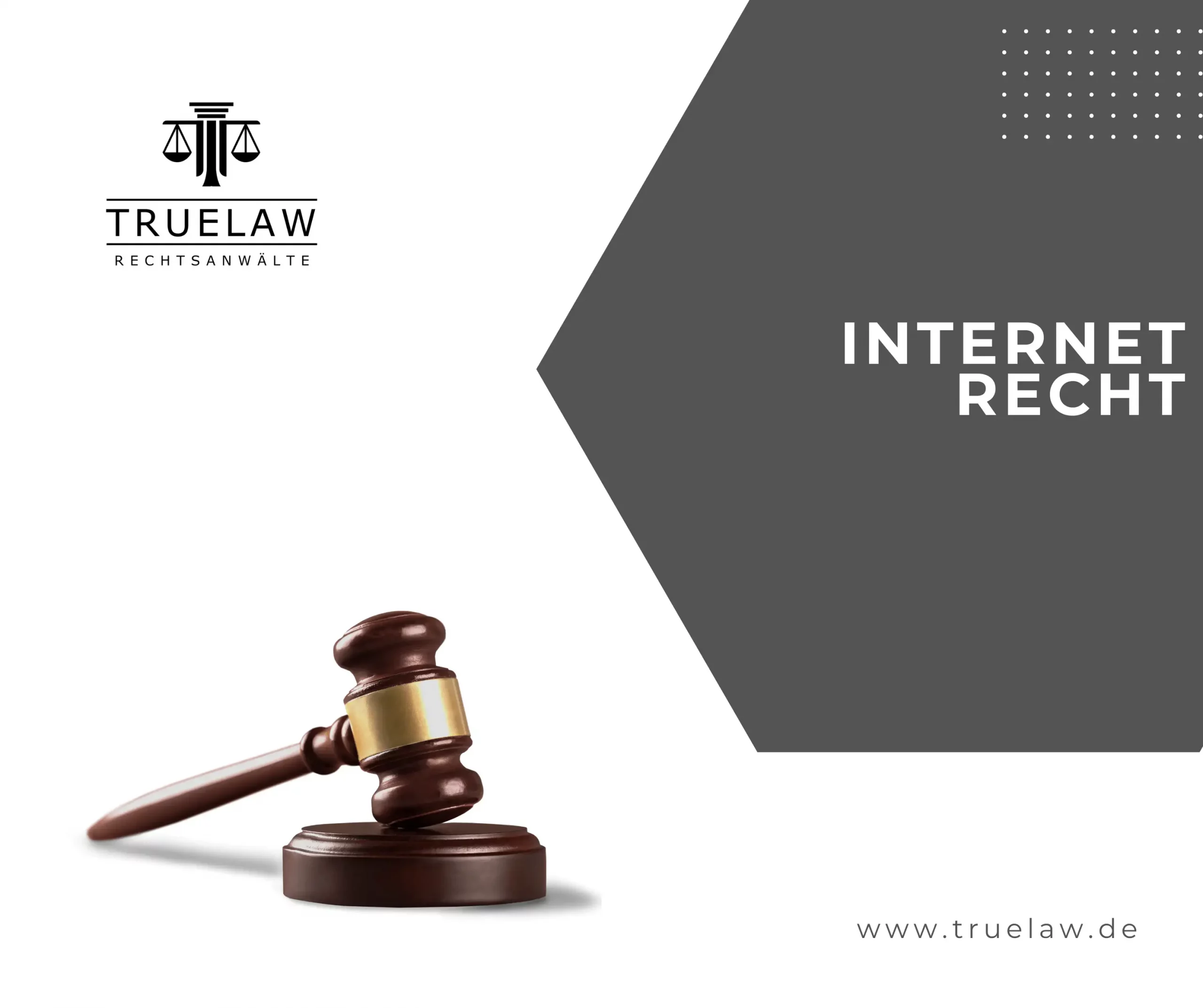How is E-commerce defined? In general, trading on the Internet, i.e. the use or offering of services with the aid of electronic means of distance communication. This ranges from purchasing everyday products to online banking.
E-commerce has recently become much more complex and has developed into one of the main ways of using the Internet.
There are considerable differences in connection with the classification in the legal system depending on the international classification. The European Community is of the opinion that the offer on the Internet always constitutes a service and therefore the General Agreement on Trade in Services (GATS), which acts as a framework agreement, must be applied uniformly to all types of e-commerce transactions.
In the United States, for example, the view is held that the sale of goods on the Internet is subject to the General Agreement on Tariffs and Trade (GATT 94).
The World Trade Organization (WTO) probably also follows this view; in the Canada-Periodicals case, the Appellate Body of the WTO ruled that GATT’94 only applies to e-commerce if a physical product is transferred as a result of the transaction on the Internet. If, on the other hand, an electronic good is traded, then in the opinion of the Appellate Body only a service is involved.
However, different classifications can also arise at national level. For example, following the reorganization of telemedia in the TMG and the abolition of the TDG, value-added services, i.e. services within the meaning of sec. § 3 No. 25 TKG and thus § 66 a TKG, can no longer be subsumed under the area of e-commerce.

